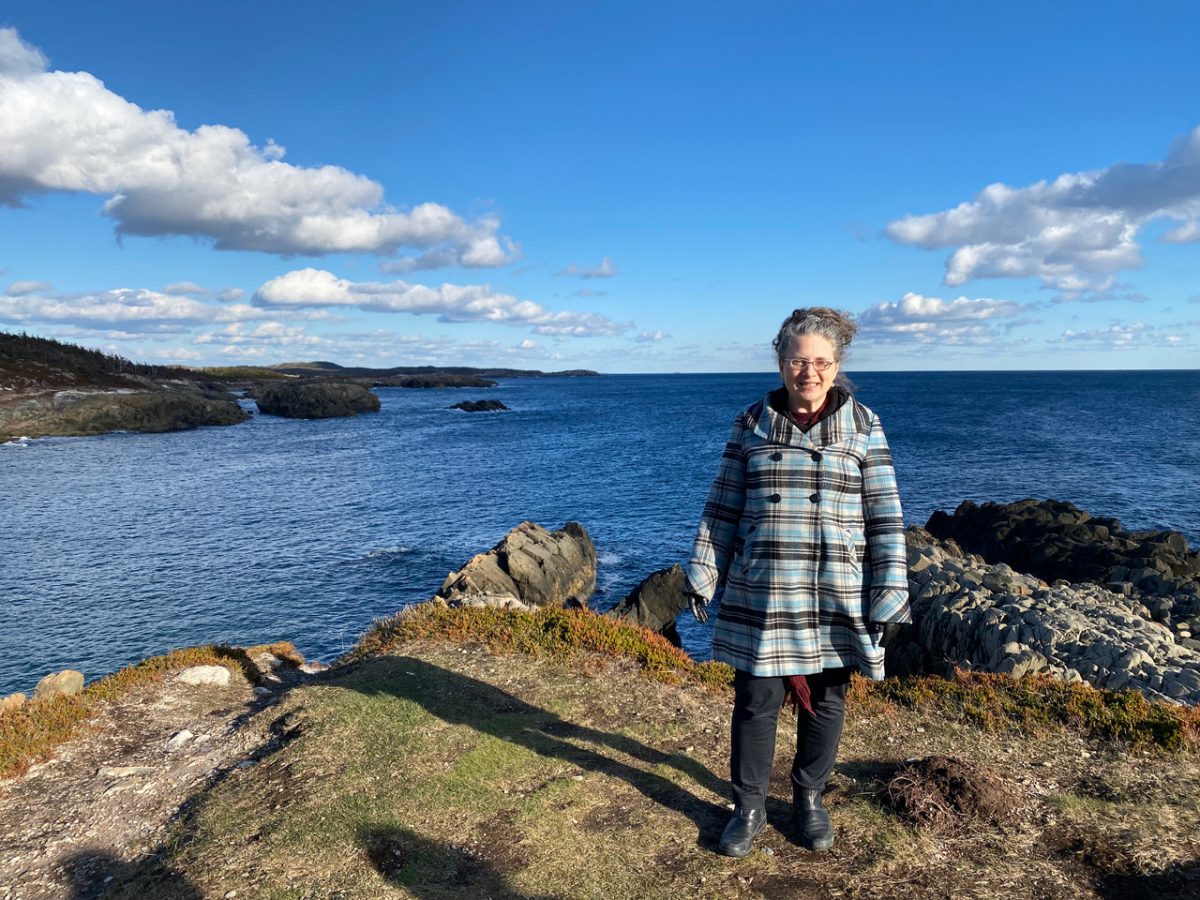
Music Education for a Prairie Town: Decolonizing and Indigenizing School Music by Focusing on the Local
Dr. Jody Stark has received just over $60 000 from the Social Sciences and Humanities Research Council (SSHRC) to develop and pilot a local music pedagogy that responds to and incorporates various ways people make and enjoy music in Winnipeg, Canada.
Just a band from a prairie town/Sometimes we drive from coast to coast/One call from LA and we pack and fly away/But in our hearts we’re always prairie folk.
-Prairie Town by R. Bachman
Randy Bachman, Burton Cummings, and Neil Young famously grew up in Winnipeg, a mid-sized Canadian city in Treaty 1 territory with a burgeoning arts scene. Contemporary Winnipeg is home to a multitude of musicians of all genres, and the city is not only culturally diverse, but also boasts the highest per capita urban Indigenous population of any Canadian city.
In spite of the tremendous musical and cultural diversity in this place, music education in Winnipeg schools tends to be relatively uniform. School music offerings are performance-oriented and consist mainly of concert band, choir, instrumental jazz, and guitar programs in senior high contexts, and general music, instrumental, or choral programs for younger grades. While students in Winnipeg schools reflect the musical and cultural diversity of the city, music teachers generally do not. The majority of music educators are of European descent and have completed a Bachelor of Music degree during which they engaged in private classical or jazz instrumental or voice study and participated in similar ensembles to the ones they now teach in schools. Music teachers’ remarkably uniform experiences as music learners and music teacher candidates result in the reproduction of a Euro-derived pedagogy focused on the performance of specific musical work rather than allowing students to create their own music or to engage with the musical practices of local musicians.
Desautels Faculty of Music associate professor Dr. Jody Stark wants to do something about this situation. Stark has received over $60 000 from the Social Sciences and Humanities Research Council (SSHRC) to develop and pilot a local music pedagogy that responds to and incorporates various ways people make and enjoy music in Winnipeg, Canada. Stark plans to engage in a collaborative research project with a group of music educators and community collaborators including local Indigenous and settler musicians and representatives of various local cultural institutions and organizations. Together, the group will create and test out a decolonizing pedagogical framework for local music education on the land, and with the popular, contemporary, and traditional musics, of Treaty 1 territory..
Stark notes, “Through the process of doing this research, out team will have the chance to think about how to ethically bring diverse musical practices and musicians into the Winnipeg music classroom, but also to notice and explore the barriers to decolonizing and Indigenizing music education. Schools are colonial social structures with often invisible assumptions about teaching, learning, people, and the world, and this makes change challenging. By developing and piloting a framework for a local music pedagogy, our team will not only explore how best to undertake school-community musical partnerships, but we will also have the chance to notice and wrestle with some of these challenges.”
The results of this innovative project will allow the research team to contribute to the knowledge base of music teachers, university-level music teachers and teacher educators, policy makers in schools and community arts organizations, and artists seeking to engage youth and children. Plans are underway to offer in-person and online workshops, articles for music educators, community musicians and music education researchers, and for the team to create a podcast for other music educators interested in exploring a local approach to their teaching.






